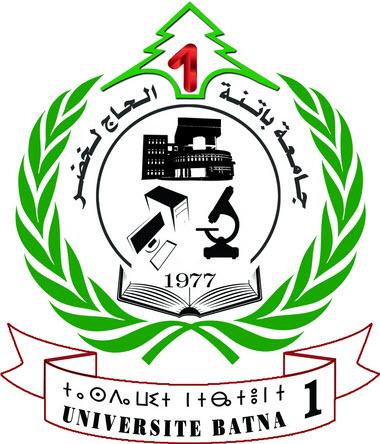Prisoners Of War In International Conventions Versus Islamic Law
Résumé: Over time, the conception of treatment of war prisoners has been changing. They were cruelly treated and tortured during the Roman and Greek empires (Sage, 2002; Wickham, 2014) but under Islamic law their safety and dignity have to be protected ("IRAQ: TREATMENT OF PRISONERS OF WAR IN ISLAM," 2003). In the Holy Qur’an, many verses in different Surahs regulate war prisoners' rights (Munir, 2010). Prophet Muhammad (Peace Be Upon Him) used to enjoin the Muslims to treat prisoners well. Among these rights, a prisoner cannot be compelled to give up his/ her religion to embrace Islam, and also has the right to be fed and clothed. In the modern time, treaties and conventions regarding war prisoners were ratified after the two World Wars (Jones, 2016), namely the Geneva Convention relative to the Treatment of Prisoners of War of 1949. In its 143 articles, the Convention defines the conditions of detention of war prisoners, their food and clothing, hygiene and medical attention, religious intellectual and physical activities. The attempt here concerns examining war prisoners’ rights in a comparative study between the Geneva Convention and the Islamic Law while showing the influence of the Islamic law on the international law dealing with the right of the prisoners of war. شهدت معاملة أسرى الحرب تطورات إيجابية هامة عبر حقب الزمن المتتالية في مختلف الحضارات التي مرت بها البشرية. كما شهدت تغييرات إيجابية كبيرة مع مجيء الإسلام بفضل تعاليمه من خلال القرآن والسنة؛ التي كانت تصب في مجملها في ضمان سلامة وكرامة أسير الحرب. في القرآن الكريم، هناك العديد من الآيات التي تنص على كيفية معاملة أسرى الحرب، ولعل من أهم ما ورد في هذا السياق من أحكام، عدم إجبار الأسير على ترك ديانته، وحفظ كرامته. وبصورة عامة، تحرم الشريعة الإسلامية أي تعسف أو أي نوع من التعذيب النفسي أو الجسدي في حق أسرى الحرب. وبالنسبة للقانون الدولي، فإن معظم الاتفاقيات والمعاهدات التي تناولت الموضوع تمت المصادقة عليها بعد الحربين العالميتين، في النصف الأول من القرن العشرين، أي بعد حوالي أربعة عشر قرنا من معالجة الإسلام لهذا الموضوع. وتعتبر اتفاقية جنيف لسنة 1949 أحدث معاهدة حول كيفية معاملة أسرى الحرب، حيث تنص في موادها المائة والثلاثة والأربعين على شروط احتجاز أسرى الحرب. سنحاول من خلال المقال تسليط الضوء على حقوق أسرى الحرب في دراسة مقارنة بين القانون الدولي من خلال اتفاقية جنيف الثالثة ومصادر الشريعة الإسلامية. سيتم في هذه الدراسة التركيز على المواد رقم 13، 14، 51،20 من اتفاقية جنيف والمتعلقة بمعاملة أسرى الحرب وما يقابلها من نصوص تتناول نفس المسائل من الشريعة الإسلامية لتوضيح مدى تأثير الشريعة الإسلامية في المعاهدات الدولية المتعلقة بأسرى الحرب.
Mots-clès:
Publié dans la revue: الإحياء
Nos services universitaires et académiques
Thèses-Algérie vous propose ses divers services d’édition: mise en page, révision, correction, traduction, analyse du plagiat, ainsi que la réalisation des supports graphiques et de présentation (Slideshows).
Obtenez dès à présent et en toute facilité votre devis gratuit et une estimation de la durée de réalisation et bénéficiez d'une qualité de travail irréprochable et d'un temps de livraison imbattable!


